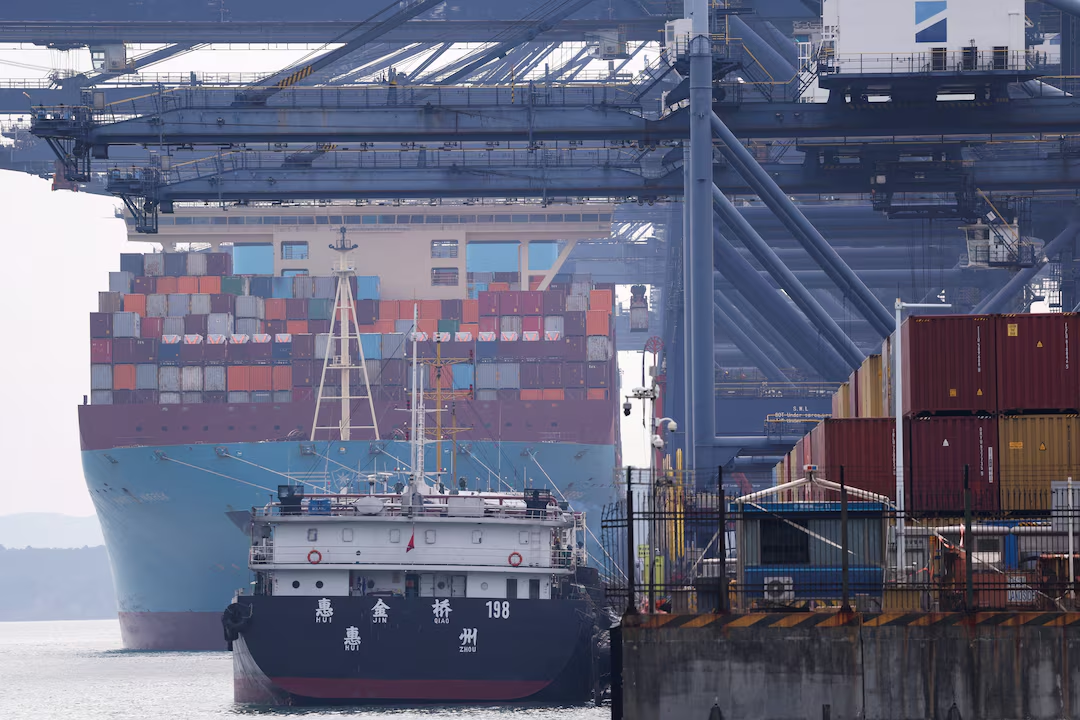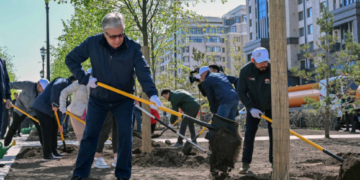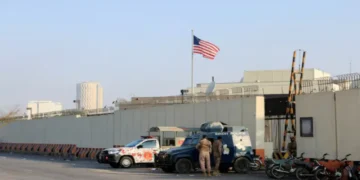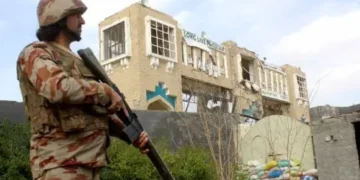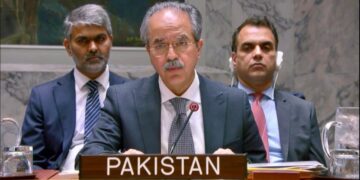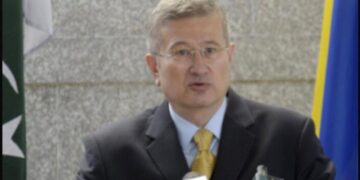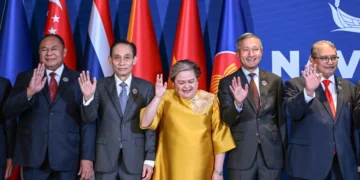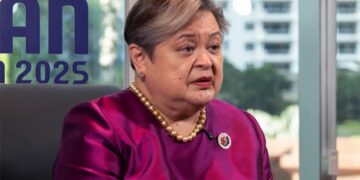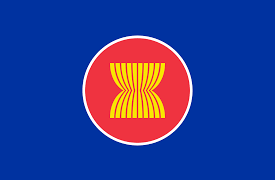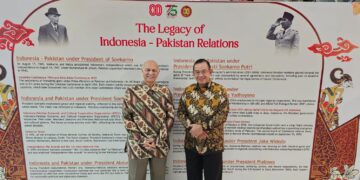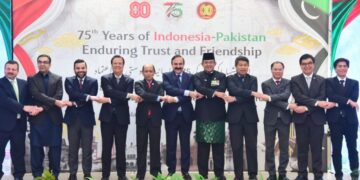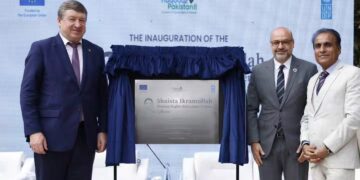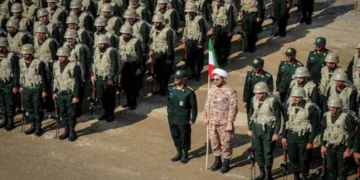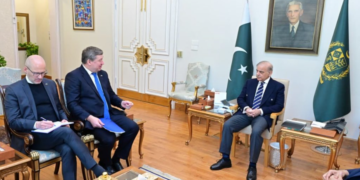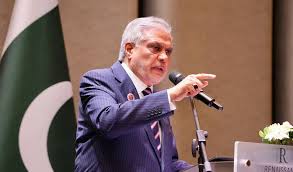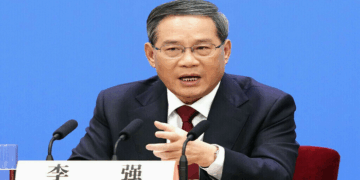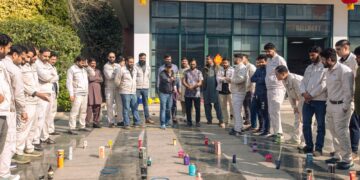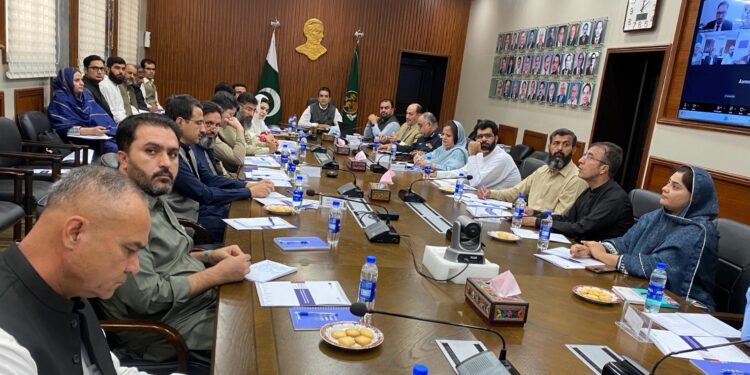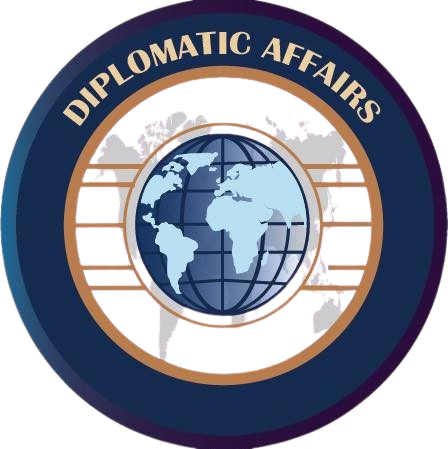Quetta; The 8th Provincial Steering Committee (PSC) meeting of the Rule of Law Roadmap for Balochistan was held in Quetta on Tuesday, bringing together government officials, international partners, and justice sector stakeholders to review ongoing reforms.
The roadmap, funded entirely by the European Union under its €10 million “Deliver Justice Project” and implemented by UNODC, UNDP, and UN Women, focuses on institutional performance, citizen access to justice, and accountability mechanisms across the province.
The session, chaired by Additional Chief Secretary Home Department Muhammad Hamza Shafqaat, reviewed progress since the last PSC and set coordinated priorities for the year ahead. Among the key developments highlighted were the Balochistan government’s decision to seek cabinet approval for five new Criminal Justice Acts, the endorsement of a revised PC-I with PKR 632 million allocated for reforms, and progress noted during a recent mid-term evaluation exercise.
European Union officials reaffirmed their commitment to supporting governance and stability in the province. “We commend the progress made so far and look forward to further deliverables in areas including criminal justice, child protection, and human rights,” said Jeroen Willems, Head of Cooperation at the EU Delegation to Pakistan.
UNODC reported on reform initiatives, including the rollout of Smart Police Stations in Quetta, Pishin, Loralai, Sibi, and Naseerabad, improvements in digital case management systems, and capacity-building programs for prosecutors, prison staff, and police officers.
UNODC Country Representative Troels Vester emphasized the importance of evidence-based reforms, while Shafqaat acknowledged the EU’s financial backing and the technical role of UNODC, UNDP, and UN Women in supporting reforms.
The meeting concluded with agreement on upcoming priorities such as enactment of criminal justice legislation, prison reforms, expansion of smart policing, gender-responsive justice facilities, and enhanced monitoring mechanisms.

















